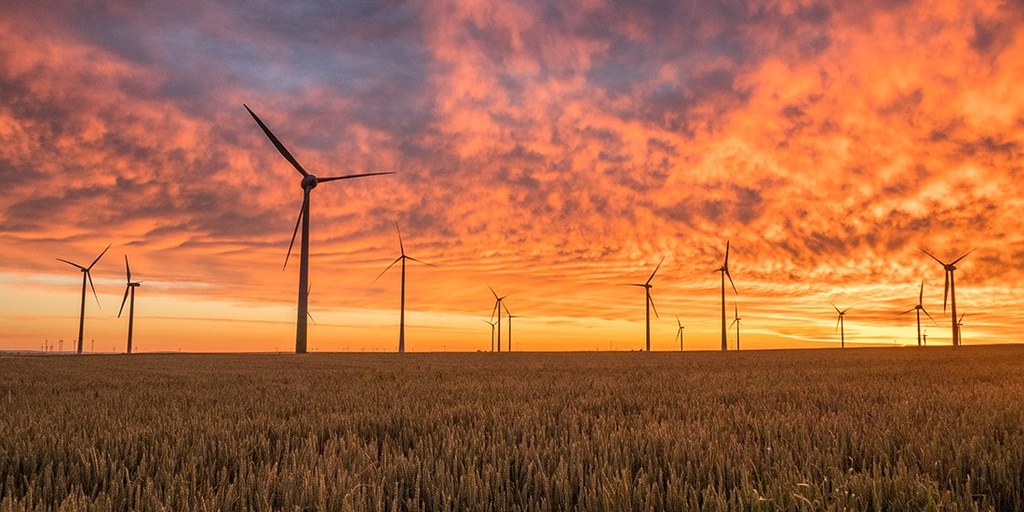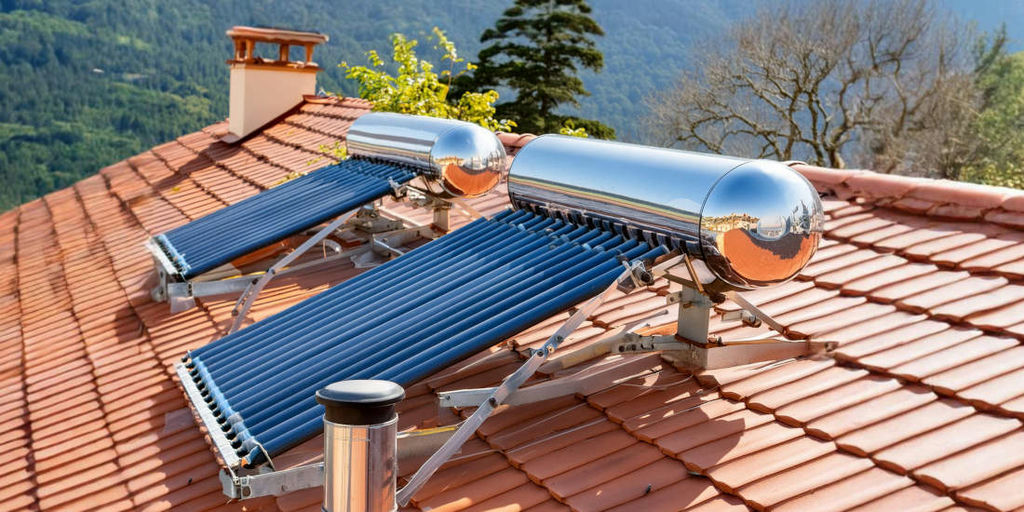Install an electric water heater
- Earth Points
- 60
- Ease
- Ambitious

Photo by Autri Taheri on Unsplash
Description
Replace your water heater with an electric one to speed up the transition to a better world and home. Heating water is a major use of energy. Hot water for showers, laundry, and washing dishes consumes a quarter of our residential energy use. This is particularly impactful if your home is powered with renewable energy.
Besides reducing pollution, an electric water heater is safer (no worry about explosions), saves money, saves space, and lasts longer than other options. With a tankless heater you also get the benefits of never running out of hot water and not needing to deal with flooding from a ruptured tank.
Soon, humanity will leave fossil gas in the dustbin of history. Fossil gas (often called natural gas) is primarily methane. Because of leaks at every stage of extraction and processing and the very high climate impact of methane, burning fossil gas could be as bad for the climate as burning coal. Lower your fossil fuel usage and get on the right side of history.
Tips
• Replacing your water heater is a particularly good action to take if your heater is near the end of its life, which is generally 10–15 years.
• Check for tax credits and programs in your area to reduce costs. These are fairly common depending on your locale to encourage the move away from polluting options.
• Talk to friends in your community who have already replaced their water heater, to get recommendations for local contractors. Are you an early adopter in your community? No worries, you can do it and lead the way for others!
• An electric heat-pump water heater is usually 30–50 percent more efficient than using an electric water heater. They tend to cost more upfront, but the overall cost is lower in the long run from lower energy usage and they tend to last longer.
• Another alternative to consider is a solar water heater. Some locales now even require solar water heaters in new homes. The initial cost is higher, but from there the solar energy it runs on is absolutely free. Plus these systems have a longer lifespan than electric options.
• If solar is not feasible, consider going to 100% renewable electricity if you have not made the change already. If not, the positive impact will not be as high.
• If you are building a new house or doing a major renovation, look at heat recovery technology. Typically, 80–90 percent of the energy used to heat water goes down the drain. Heat exchangers capture some of the heat in drain water, allowing it to be reused by incoming water.
• If you do not go with an on-demand heating system, install a timer along with your unit so water is only heated during times of the day when you need it. This avoids wasted energy and saves you money.
• After you switch out your appliance, if possible, have the gas pipes removed as well. This makes your house safer and ensures that potential future owners will not undo your carbon pollution reduction work.

